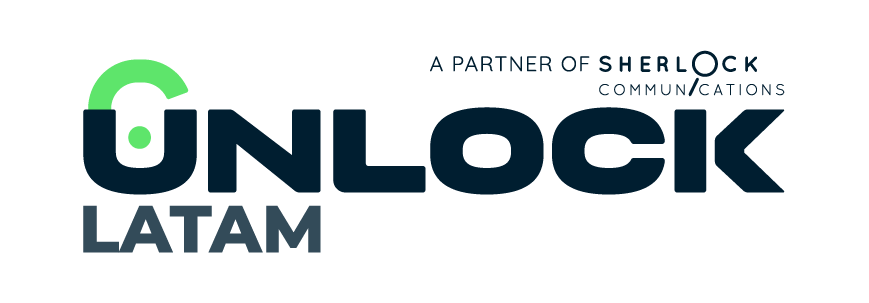Energy And Blockchain: The Future Of Decentralized Transactions
The intersection of energy and blockchain is creating unprecedented opportunities across Latin America. As businesses explore decentralized solutions, understanding this convergence becomes essential for companies focused on effective energy company lead generation and for entering the region’s dynamic markets.
How Energy and Blockchain Are Reshaping Markets
Energy and blockchain technologies are fundamentally transforming how transactions occur in the power sector. Traditional energy systems rely on centralized utilities that control distribution and billing, while blockchain introduces peer-to-peer energy trading, allowing consumers to buy and sell electricity directly without intermediaries.
This shift is particularly relevant in Latin America, where many communities face grid instability. Decentralized energy systems powered by blockchain create resilience and accessibility, while smart contracts automate payments and energy transfers with unprecedented efficiency.
Transparency Meets Sustainability
Blockchain’s immutable ledger brings unprecedented transparency to energy transactions, with every kilowatt-hour recorded permanently to create auditable trails that build trust and combat fraud. For businesses focused on sustainability reporting, this feature enables verifiable tracking of renewable energy consumption, meeting ESG commitments authentically across Latin American markets.
The combination of energy and blockchain also enables carbon credit trading with greater integrity, allowing projects to demonstrate real environmental impact and attract investment from conscious enterprises entering the region.
Real-World Applications Across Latin America
These applications address Latin America’s unique challenges while creating compelling business opportunities for companies that understand both the technology and regional dynamics. Several pioneering projects demonstrate blockchain’s energy potential throughout the region:
- Microgrids in remote communities: Blockchain coordinates energy sharing among households without central infrastructure
- Renewable energy certificates: Digital tokens verify clean energy production and consumption
- Electric vehicle charging networks: Automated payments and load balancing through smart contracts
- Grid stabilization programs: Distributed energy resources respond to demand fluctuations in real-time
Regulatory Landscape and Market Entry
Understanding Regional Variations
Latin American countries take different approaches to blockchain and energy regulation. Brazil has established frameworks supporting distributed generation, while Mexico focuses on wholesale market reforms. Chile leads in renewable energy integration.
Compliance Considerations
Businesses must navigate these variations carefully. Data protection laws, energy regulations, and blockchain-specific requirements differ significantly across jurisdictions. Partnering with local experts prevents costly missteps.
Grid Security Strengthens Against Cyber Market Timing
The regulatory environment continues evolving. Companies entering now can influence standards while building first-mover advantages. However, this requires sophisticated market intelligence and strategic positioning.
Technical Infrastructure Requirements

Implementing energy and blockchain solutions demands robust technical foundations and integration with existing infrastructure. While distributed ledger technology requires computational resources, newer consensus mechanisms dramatically reduce energy consumption compared to early blockchain models, making implementation more viable across Latin American markets.
Cybersecurity becomes paramount when critical infrastructure depends on digital networks. Companies need specialized expertise to protect against attacks while maintaining blockchain’s transparency promise, particularly given past vulnerabilities in regional infrastructure.
Financial Benefits and Business Models
The economic case for energy and blockchain integration strengthens as technology matures, with reduced transaction costs translating directly to bottom-line improvements. Eliminating intermediaries saves 15-30% on energy procurement, while new revenue streams emerge from energy flexibility as companies monetize excess capacity during peak demand.
Financing models evolve through tokenization, allowing fractional ownership in energy projects that democratize investment. This innovation attracts capital to Latin American renewable projects that traditionally struggled to secure funding, creating opportunities for forward-thinking businesses.
Partner with Regional Experts for Success
Navigating the convergence of energy and blockchain in Latin America requires specialized knowledge of market dynamics, regulatory requirements, and cultural nuances. Unlock Latam connects international businesses with decision-makers and strategic partners throughout the region, leveraging our expertise to accelerate your market entry and position your business for success.
Looking for more guidance? You might find these resources helpful in planning your next steps:

Your Trusted Partner in LATAM Expansion
From market research to legal compliance, we guide your business every step of the way.

